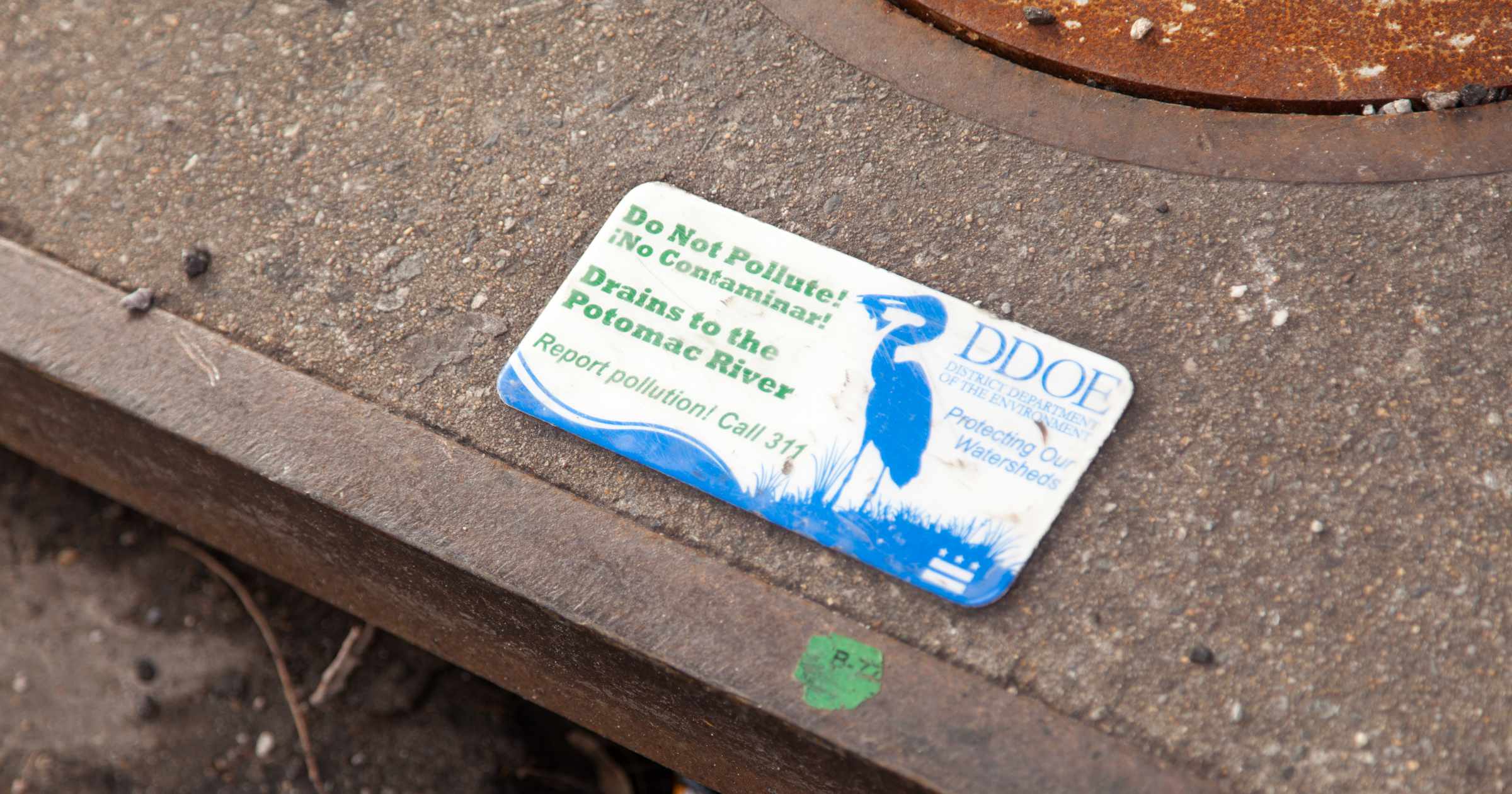
December 19, 2022
Annapolis, MD—Chesapeake Legal Alliance (CLA) is representing Blue Water Baltimore and Gunpowder Riverkeeper in a lawsuit challenging major flaws in the Maryland Department of the Environment’s (MDE) final Industrial Stormwater General Permit. The suits, filed Friday in Baltimore County Circuit Court, also include the Chesapeake Bay Foundation representing itself, and Environmental Integrity Project representing the Potomac Riverkeeper Network and Waterkeepers Chesapeake.
Stormwater pollution, now Maryland’s second leading source of waterway contamination, continues to damage rivers, streams, and the Chesapeake Bay. With climate change increasing both the amount and intensity of rainfall, runoff from industrial sites—including scrap yards, coal handling facilities, and landfills—will only worsen unless the permit is corrected.
The general permit, which controls runoff for industrial facilities not required to have individual discharge permits, was last issued in 2014 and expired in 2018. If the court does not intervene, the deficient permit is set to take effect on February 1, potentially increasing pollution risks to communities and ecosystems across the state.
“This proposed permit fails to incorporate new science on how climate change affects how much pollution runs off the land and how it harms water quality in a warmer bay. High concentrations of industrial facilities in certain urban areas combine many pollutants into a small space preventing those urban waters from reaching water quality standards,” said CBF’s Maryland Executive Director Josh Kurtz. “This permit will continue a legacy of disproportionate harm to underserved communities. Throughout Maryland, people depend on fishing for food as well as recreation and inspiration. While Maryland has benefitted from its industrial past, those facilities must reduce the pollution that washes off into the Bay during storm events and be accountable to the public.”
The following are major flaws in the permit:
"Baltimore residents have suffered the unequal environmental and health impacts of living near toxic industrial facilities for far too long," said Alice Volpitta, Baltimore Harbor Waterkeeper with Blue Water Baltimore. "We are taking action today not only for the streams and rivers that must be protected from excessive pollution, but on behalf of the people in Baltimore who are living on the frontlines of this issue every day."
The previous industrial stormwater permit failed to achieve the state’s primary objective to reduce pollution loads from stormwater. The Chesapeake Accountability Project, through a public information request, found widespread noncompliance under the previous permit from2017 to 2020. Only 24 percent of MDE inspections—475 of 1,979—found industrial facilities following permit requirements with about two-thirds being noncompliant. MDE only took six formal enforcement actions in response.
“The new Industrial Stormwater permit could exacerbate historic impairments for total suspended solids, and metals such as copper, nickel and mercury resulting in continued fish consumption advisories in the Bird, Bush, Gunpowder and Middle rivers.” said Theaux LeGardeur, the Gunpowder Riverkeeper. “If left unchecked, the new permit will harm these waters, the health of the fish downstream of these facilities, and contribute to increased health risks to subsistence fishers and their families. The importance of these waterways, which support seasonal migratory fish, crab spawning habitat, bay grasses, and serve as a nursery ground for 26 species of Chesapeake Bay finfish, points to the need for a stronger, not weaker permit."
“Industrial stormwater is a serious threat to water quality in the Potomac watershed and the Chesapeake Bay,” said Nancy Stoner, President of Potomac Riverkeeper Network. "This permit does not do nearly enough to address that threat, or to meet Maryland's obligations to cleaning up the Bay and keeping our rivers safe.”
“The pollution coming off of these industrial sites include toxic substances like mercury, PFAS, and heavy metals that can have serious health impacts on nearby communities that are often the most overburdened with pollution,” said Robin Broder, Deputy Director of Waterkeepers Chesapeake. “It’s baffling why Maryland would release a permit that will harm some of our most vulnerable community members, especially when we all know that increasing rainfall volumes due to climate change will super-charge stormwater runoff, making proper regulation critical for protecting public health.”
Rather than strengthening the last weak permit, MDE instead put forth the same unenforceable policy that will continue to impact vulnerable communities the most. Maryland leaders have, in recent years, put an emphasis on correcting this legacy of pollution through environmental justice. However, this permit favors polluters over the communities they harm.
"Unlike the pollution that comes out of pipes at factories or wastewater treatments, toxins from industrial stormwater runs directly off of these facilities, flowing untreated into the surrounding neighborhoods before washing through storm drains into the nearest waterway" said Patrick DeArmey, attorney with the Chesapeake Legal Alliance. "This is why it is critical to strengthen the protections in this permit."
Valerie DiMarzio, Chesapeake Bay Foundation, vdimarzio@cbf.org, (443) 482-2023
Patrick DeArmey, Chesapeake Legal Alliance, patrick@chesapeakelegal.org, (410) 216-9941
Tom Pelton, Environmental Integrity Project, tpelton@environmentalintegrity.org, (443) 510-2573